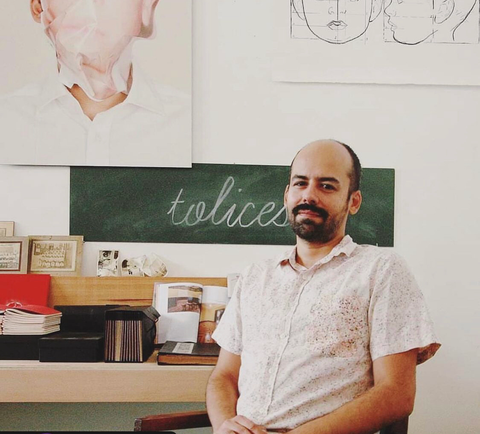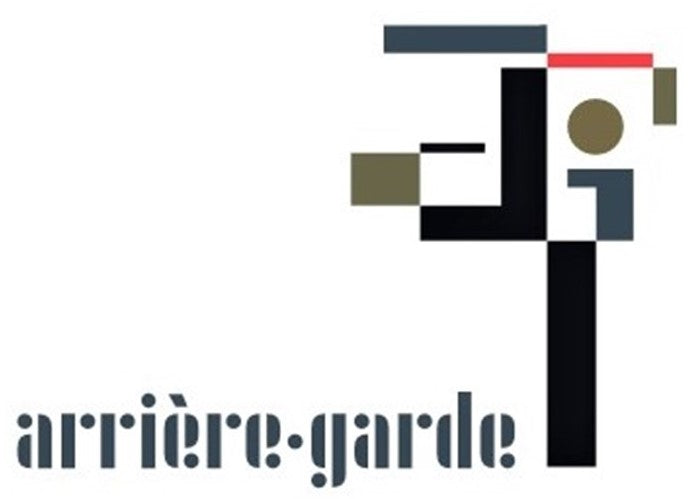
Ethically Committed and Political Art by Marcelo Amorim
The art collector’s world is increasingly changing, hence, visual appeal and originality are no longer enough. As ethical values and political engagement are pressing matters in today’s world, collectors want the fresh art they include in their repertoire to come from artists who explore topics related to the future of our Planet and are concerned with the political realities our future generations will inherit from our current one.
The Ethical Factor

We are experiencing an increasing growth of ethical patterns among collectors. We see that art lovers and buyers are now more engaged with big relevant causes and are interested in art practices and works that reflect their own engagement.
Millennials and Gen-Z tend to invest in artworks and artists to fulfil philanthropic aspirations, and they even bought art at major global art fairs over the Covid-19 pandemic merely to support artists during the crisis. These generations also show a deep distrust of corporations and would rather rely on the opinion of influencers on social media to guide their decision-making in many domains. They are also very unsatisfied with the current state of global politics, and fear the social asymmetries that radicalisations to the right we are experiencing in the West, as these radicalisations are fomenting racism, homophobia, misogyny and social injustice.
Talking of which, we take this occasion to discuss the work of one of the most politically committed art practices that we represent and promote: that of Brazilian artist Marcelo Amorim.
Marcelo Amorim’s Art: When Ethical Art Equals Political Resistance

Marcelo Amorim's work investigates the often aggressive and invasive construction of the kind of male identity destined to lead within white and phallocentric societies. The central themes of Amorim's work are 1) the Family and School Education; 2) Socialisation Rituals; 3) Initiation Rituals; 4) Sports and Boxing Culture; 5) the Military and War; and 6) Work Environmnets. And they are all approached with astuteness and an inquisitive spirit to highlight that hegemony is a mode of social, political and cultural structuring in the West.
This investigation is made through a longstanding archival research in books, newspapers and magazines on the subject matters, similar to that executed by German Master Gerhard Richter to build is famous work ‘Atlas’; a research which Amorim turns into majestic canvases where nostalgia and the language of colour mingle with a rigorous conceptual framework.
Amorim's work represents an original counterpoint to practices that directly explore the theme of social minorities in Brazil, where recent radicalisation to the right has resulted in new waves of racism, homophobia, and discrimination against women. In other words, Amorim, instead of exploring the dimension of the dominated and issues such as the rights, the cultural histories and the need for emancipation of historically oppressed people, investigates - in an ironically caustic way - the ideology that shapes the ethics, the body and the vision of the dominant.
At the same time, Amorim’s work is an act of global political resistance thanks to its explicit references to social categorisations such as those crystallised in the terms 'working class' or 'LGBTQia+ culture'.
Amorim was one of the artists nominated for the 2010 PIPA Prize. In 2019 he had a solo show at the Museu de Arte de Ribeirão Preto (MARP), and, Zipper Galeria, gave him a solo show in 2016. Other highlights in the gallery world were his solo show 'Intervalo' at Jaqueline Martins in São Paulo and his presence in the group show at Luciana Caravello Arte Contemporânea in Rio de Janeiro (2014). His work has been exhibited at Casa do Brasil in Madrid (2018) and in Brussels (2017), as well as at the Contemporary Art Center in Cincinnati (2017) and at Kunst im Kulturflur in Berlin (2011).
FOR MORE INFORMATION ABOUT MARCELO AMORIM’S WORK VISIT OUR WEBSITE OR CONTACT info@arriere-garde.co.uk
